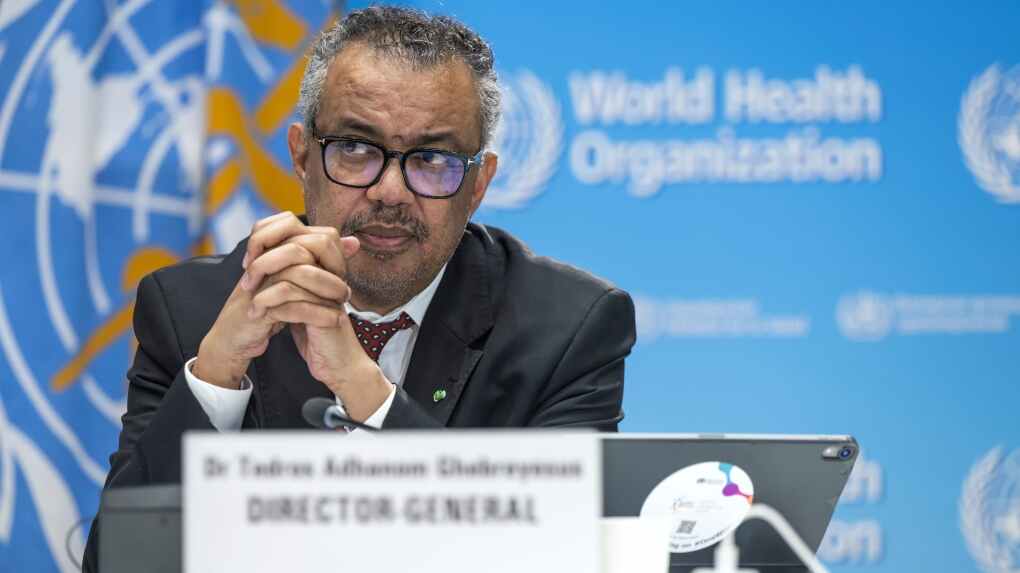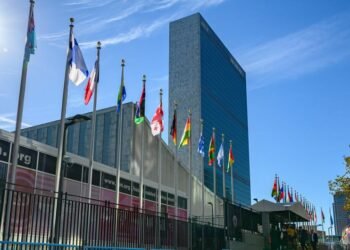Though more than seven in ten people on the planet are protected from the dangers related to cigarette smoke, the World Health Organization has revealed that, over 8.7 million lives perish yearly, as a result of diseases aligned to the use of tobacco.
The UN agency stressed that, over 2.3 billion people in about 44 countries remained insecure, due to the failure to implement tobacco control regulations, subjecting them to illness and financial troubles of addiction.

According to the Director-General of the World Health Organization, Tedros Adhanom Ghebreyesus, the persistent sale of electronic cigarettes as a substitute to cigarette undermines progress of banning smoking in the world.
“Young people, including those who never previously smoked, are a particular target. In fact, e-cigarettes are harmful to both the people using them and those around them, especially when used indoors.”
Tedros Adhanom Ghebreyesus, Director-General of World Health Organization.
The United Nations agency cautioned in their latest study that, about 53 countries have failed to institute a ban on smoking, though the facts show that, tobacco use “continues to be one of the biggest public health threats” and that, there have been over 1.3 million deaths recorded yearly from passive smoking alone.

W.H.O maintained that, though data proves that there have been a significant decrease in people who smoke, regulating cigarette and other tobacco products have proven to be difficult to achieve.
“Some products are modifiable by the user so that nicotine concentration and risk levels are difficult to regulate.
“Others are marketed as ‘nicotine-free’ but, when tested, are often found to contain the addictive ingredient. Distinguishing the nicotine-containing products from the non-nicotine or even from some tobacco-containing products can be almost impossible. This is just one way the industry subverts and undermines tobacco control measures.”
Dr Rüdiger Krech, WHO Director, Department of Health Promotion.
Developed by the UN, the MPOWER tobacco regulations, are aimed at safeguarding more people from the addiction of tobacco, by offering education on quitting smoking, passive smoking prevention, information on tobacco advertising, promotion, and sponsorship restrictions, and taxation information.

According to W.H.O, the promotion of smoke-free public areas remains another successful tobacco control advice, thus giving non-smokers the avenue to breathe clean air and avoid “deadly” second-hand smoke.
Additionally, in a bid to denomalize smoking and prevent the younger ones from imitating such habit, the UN agency expressed belief that, the mechanisms put in place can convince people to quit smoking.
“Tobacco continues to be one of the top preventable causes of premature deaths and it is the only commercial product that kills half its users when used exactly as intended. The past two decades provide us with rich lessons on how to address this global health threat we must act now to save lives and stop the spread of this preventable killer.”
Tedros Adhanom Ghebreyesus, Director-General of World Health Organization.

Data proves that, the rate of smoking has decreased in over 15 years, since the implementation of the World Health Organization’s MPOWER tobacco control mechanisms. According to the estimations of the agency, the number of smoker in the world currently, are fewer than 300 million.
According W.H.O’s data, about 151 countries are currently protected by a minimum of one W.H.O MPOWER initiative, while 44 countries have no coverage at all. “It is crucial that tobacco control continues a global health priority,” Tedros insisted.
W.H.O argued that governments could “drive down the demand for deadly tobacco, achieve major wins for public health and save economies billions of dollars in health care and productivity costs” regardless of the economic standing of their individual nations.
W.H.O further applauded Mauritius and the Netherlands for the successful implementation of UN health agency’s MPOWER tobaccos control mechanisms.
READ ALSO: Sunak To Grant New License To Oil And Gas Companies






















